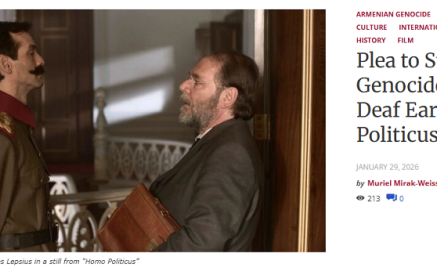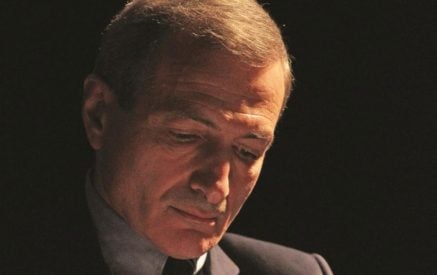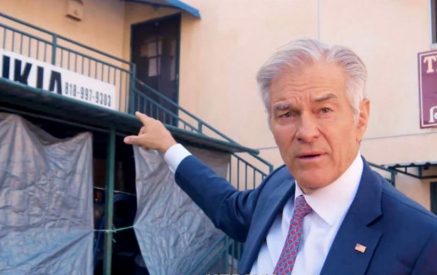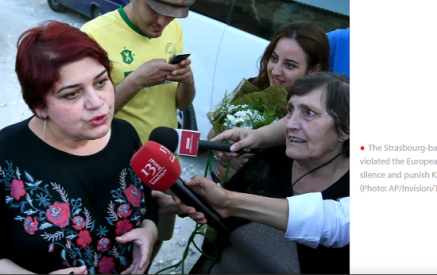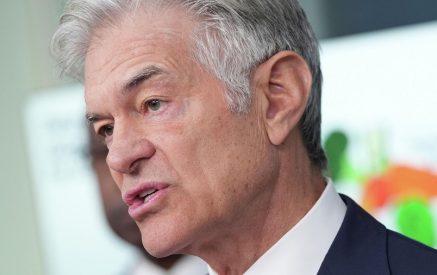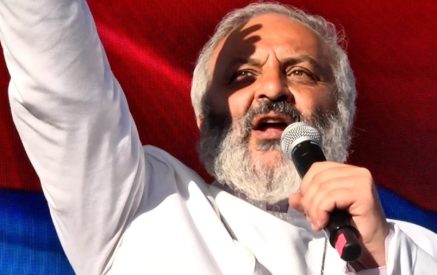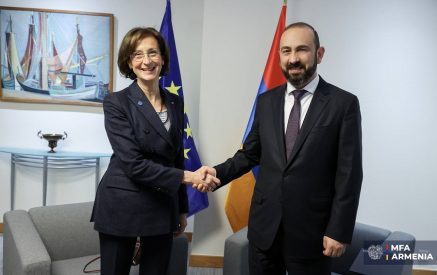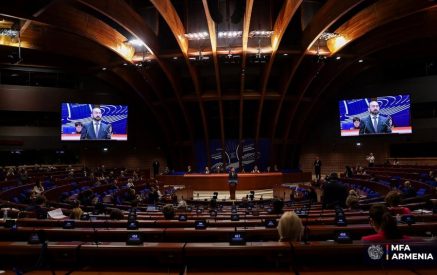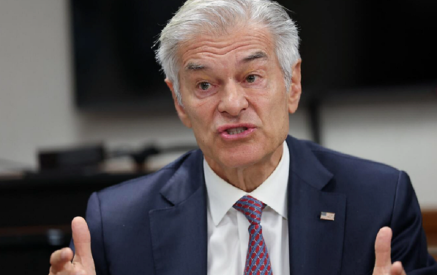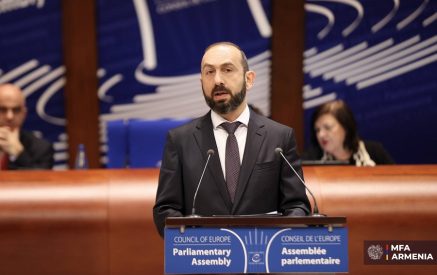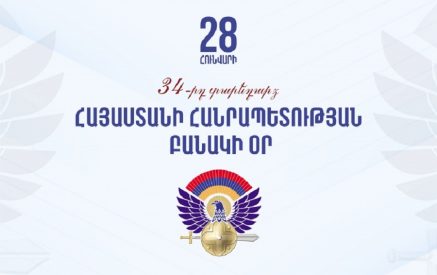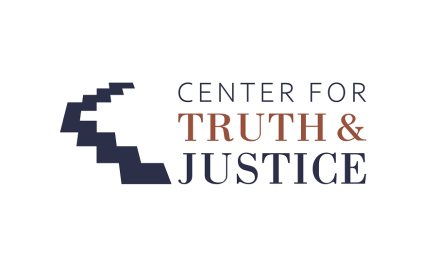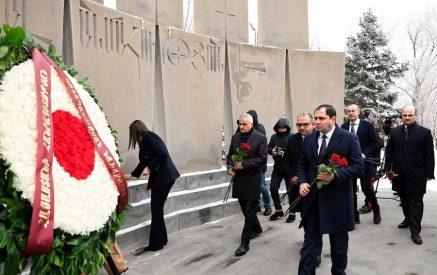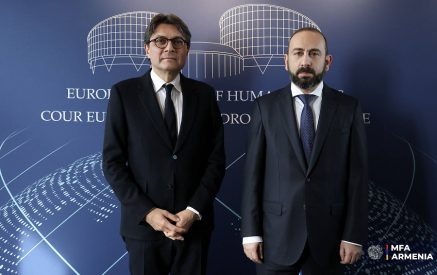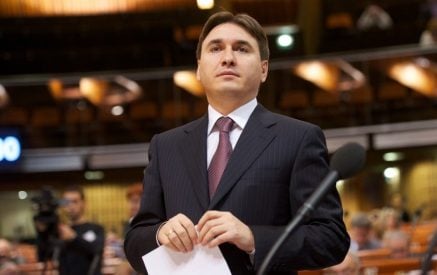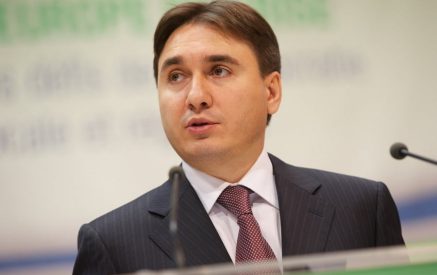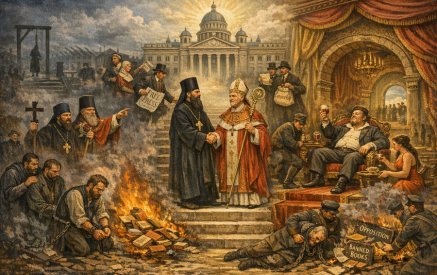WASHINGTON — Kremlin leaders believe the United States wants regime change in Russia, a worry that is feeding rising tensions between the two former Cold War foes, a U.S. defense intelligence report says. Reports Radio Free Europe/Radio Liberty.
The Defense Intelligence Agency (DIA) report, which was released on June 28, says Moscow has a “deep and abiding distrust of U.S. efforts to promote democracy around the world and what it perceives as a U.S. campaign to impose a single set of global values.”
Despite Russia’s largely successful military modernization since the Cold War, the report says “Moscow worries that U.S. attempts to dictate a set of acceptable international norms threatens the foundations of Kremlin power by giving license for foreign meddling in Russia’s internal affairs.”
“The Kremlin is convinced the United States is laying the groundwork for regime change in Russia, a conviction further reinforced by the events in Ukraine,” the report says, noting that President Vladimir Putin’s government has accused the United States of engineering the popular uprising that ousted Ukraine’s Russia-friendly president, Viktor Yanukovich, in February 2014.
Russia responded by illegally annexing Ukraine’s Crimea region in March 2014 and by supporting a separatist war in eastern Ukraine that has killed more than 10,000 people since it began in April that year. Moscow’s actions in Ukraine led to rapidly deteriorating relations with the United States and its NATO allies, which imposed sanctions on Russia in retaliation.
While the report does not forecast a new, global ideological struggle akin to the Cold War, it cautions that Moscow “intends to use its military to promote stability on its own terms.”
The 116-page intelligence document, titled Russia Military Power: Building A Military To Support Great Power Aspirations, offers a comprehensive assessment of Russian military power, saying the Kremlin has methodically and successfully rebuilt Russia’s army, navy, and air force since the collapse of the Soviet Union.
“The Russian military today is on the rise — not as the same Soviet force that faced the West in the Cold War, dependent on large units with heavy equipment,” the report says. It describes Russia’s new military “as a smaller, more mobile, balanced force rapidly becoming capable of conducting the full range of modern warfare.”
Speaking on June 28 at a graduation ceremony for military and police academy graduates in Moscow, Putin said that the Russian Army has become “significantly stronger” in recent years.
“Officers have become more professional. This was proven in the operations against terrorists in Syria,” he said. “We are intending to be growing further the potential of our army and fleet, provide balanced and effective ground for development of all kinds of military units based on long-term plans and programs, improve the quality and intensity of military education.
“Only modern, powerful, and mobile armed forces can provide sovereignty and territorial integrity of our country and protect us and our allies from any potential aggressor, from pressure and blackmailing from the side of those who don’t like a strong, independent, and sovereign Russia,” Putin said.
The DIA report portrays Russia’s intervention in Syria since 2015 as largely successful at “changing the entire dynamic of the conflict, bolstering [Syrian President Bashar al-Assad’s] regime, and ensuring that no resolution to the conflict is possible without Moscow’s agreement.”
Besides boosting Assad’s fortunes in his six-year civil war against Syrian rebels, the report says the Syria intervention was intended to eliminate Islamic extremist elements that originated on the former Soviet Union’s territory to prevent them from returning home and threatening Russia.
As Russia continues to modernize and encounter military success, “within the next decade, an even more confident and capable Russia could emerge,” the intelligence agency’s director, Marine Lieutenant General Vincent Stewart, said in the report’s preface.
The report was prepared before the election of President Donald Trump and reflects the Pentagon’s view of the global security picture shifting after nearly two decades of heavy American focus on countering terrorism and fighting small-scale wars in Iraq and Afghanistan.
With its focus on the modernized Russian army and Russian insecurities about U.S. intentions, the report is sure to fuel debate over how to deal with Putin in Congress.




